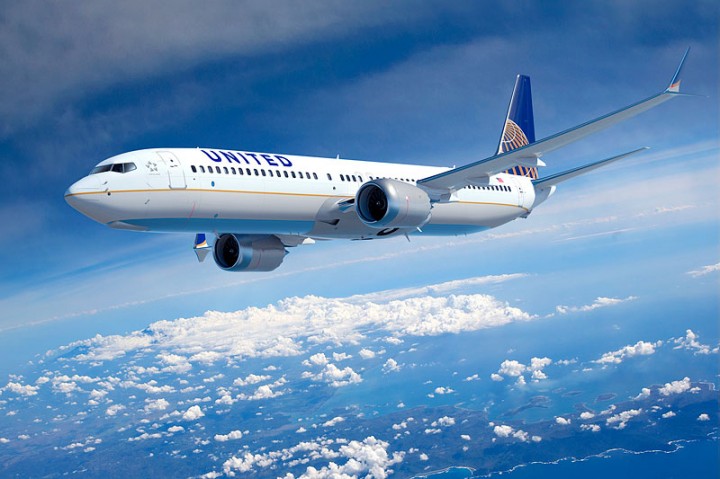A flight is not the most pleasant procedure for the body: takeoff, landing, pressure, and, moreover, turbulence zones. Not to mention the jet lags after the flight. Pranks of the vestibular apparatus are different: from headaches and tinnitus to panic attacks. But besides these more or less expected things, sometimes real force majeure happens. Who to contact for medical assistance if you feel bad on the plane? Who is responsible for the health of the passenger on board? Is insurance valid? Who is to blame and what to do – we answer everything in order.

Who is at risk?
Flight is a stressful state for the body, even if its owner is calm like a boa constrictor in his thoughts. In addition, chronic diseases are often exacerbated on board an aircraft. Due to low pressure, blood is saturated with oxygen more slowly: first of all, passengers with cardiovascular diseases (ischemic heart disease, angina pectoris, hypertension), increased intracranial pressure, low blood clotting or diseases associated with its circulation (vegetovascular dystonia, pathology cerebral circulation).
Be especially attentive (flax) to the respiratory organs. Humidity (or dryness) of the air in an aircraft is an additional test for a passenger with pneumonia, asthma, and airway inflammation. Pressure affects the ear-nasal-throat comfort: ear pain intensifies (otitis media can become aerootitis), and sinusitis and a simple runny nose should be curbed at least with vasoconstrictor drops.
If the flight is scheduled for a long time, a sedentary state risks rewarding the traveler with edema, blood stagnation, or separation of a blood clot – in those who have venous diseases, thrombophlebitis and thrombosis.
On the plane, the mental state is also checked: phobias, nervousness, pathological anxiety come out. This sets off a chain of other physiological reactions. For example, a more acute air period in the stomach and intestines.
And who is not allowed to fly?
This decision remains with the passenger and depends on his state of health. In disputed cases, it is better to obtain the permission of a doctor. Although even at the gates, if the traveler’s condition is objectively serious, he can be removed from the flight in order to protect him from more serious consequences.
Each airline sets its own rules. Detailed and clear, for example, the manual from British Airways. But there are also general recommendations. Flying is not advised for those who have recently undergone surgery, who are recovering from a heart attack, stroke or hypertensive crisis. For the next six months, it is better for them to use other modes of transport (however, if there is an urgent need for a flight, it is enough to wait a couple of days). People think about pregnancy in different ways: depending on the airline, the deadline for flying is 36 or 28 weeks. And newborns are allowed to be transported only accompanied by a doctor.
Who is responsible for the health of the passenger during the flight?
Everything related to flights within one state is regulated by its internal legislation. Responsibility for the well-being of international flights is dictated by the 1999 Montreal Convention. According to it, the air carrier is responsible for the damage (both to the health and property of the passenger) that occurred during air transportation. Now the convention operates in 119 countries, including 28 states of the European Union, the USA, Russia, and China.
Is the insurance valid on the plane?
The air ticket is your automatic insurance. Remember: the airline is responsible for everyone on board the aircraft and what happens there. Injuries, if they are received during the flight, when a professional pilot is at the controls, are a generally recognized insured event. But the costs are more often borne not by the company where you took out insurance, but by the air carrier company. This is determined by the details of the policy.
An important nuance: the incident must be documented right on board the aircraft. As an option – an act of what happened from the commander of the ship.

The main document is not medical insurance, but a boarding pass (ticket). This is an agreement that obliges the carrier not only to inform the passenger about flight conditions or safety rules, not only to feed him and hand him a magazine, but also, if necessary, to provide first aid. As for alcohol: unlike the medical insurance that you take out before the trip, there are no reservations in the rules of air transportation whether the passenger is in a state of intoxication and why it was necessary to provide first aid.
Who can help on board?
First, a professional doctor from among fellow travelers. According to the rules, someone from the crew (flight attendant or pilot) reports the incident to all passengers of the aircraft through the speakerphone. So they find out if there is a doctor among them. Better – with a specific specialization. Usually there is a doctor, nurse or paramedic on most flights: more often than on every second plane.
